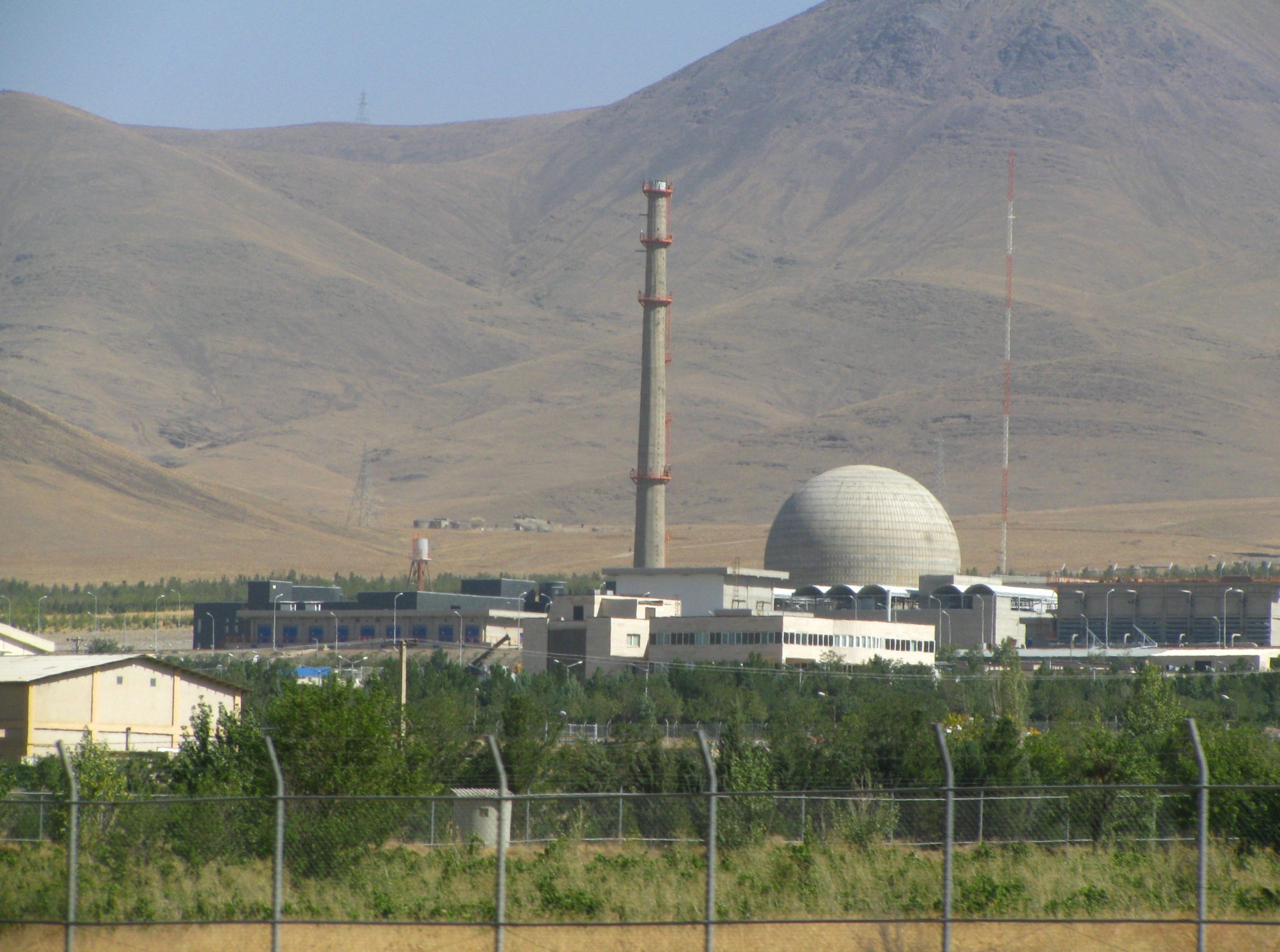The Russian invasion of Ukraine has already pushed other major issues to the margins of global diplomacy. But there seems to be a sense of urgency in the US and European nations over Iran’s nuclear deal.
Russian President last week said he had put the country’s nuclear deterrent forces on “high alert”. Amid the biggest crisis in Europe since World War II, diplomats from Iran and Western powers have reconvened in Vienna to conclude negotiations on the Iranian nuclear deal, officially called the Joint Comprehensive Plan of Action (JCPOA).
According to Reuters, the 2015 deal restricts the purity to which Iran can enrich uranium, 3.67%, far below the roughly 90% that is weapons-grade or the 20% Iran reached before the deal. Tehran is now enriching uranium to various levels, the highest being around 60%.
This creates a sense of urgency in Washington to clinch a deal at Vienna, as the advanced centrifuges in the Iranian nuclear installations are narrowing the so-called “breakout time” by the day.

A similar sense of urgency is shown by German Chancellor Olaf Scholz on March 2 when he said that a new nuclear agreement “cannot be postponed any longer”, during his first official state visit to Israel, a country, which staunchly rejects any negotiations with Iran. “What we would like to see is that an agreement is reached in Vienna,” Scholz added.
Former National Security Adviser of Israel, Meir Ben-Shabbat, told The Times of Israel, “The campaign in Ukraine has already pushed the Iran issue from the center of the world’s agenda. Iran must not be allowed to take advantage of the global tumult in order to make progress on the nuclear program and other areas.”
“There could be effects in both directions. On the one hand, it could get in the way of the rush toward an agreement. On the other hand, it could lead to the mistaken conclusion that a deal must be signed quickly in order to remove this issue from the agenda and to focus on the crisis in Europe,” according to Ben-Shabbat.
What Is The Bone Of Contention?
Iran’s Foreign Ministry said on February 28 that “97-98%” of a draft agreement is ready but three key issues remain that the West has not agreed.
These include Iran’s demand for the lifting of more US sanctions than Washington is willing to accept including removal of the elite Islamic Revolutionary Guard Corps (IRGC) from the list of Foreign Terrorist Organization maintained by the US Department of State.
Second, a firm guarantees that any future government in the US will not unilaterally renege on the nuclear deal.
Third, the file regarding the International Atomic Energy Agency’s case about Tehran’s nuclear work should be conclusively closed lest the US uses its clout with the UN watchdog to keep the issue alive to gain leverage in the future and put pressure.
The 2015 Agreement
The Iran nuclear agreement or JCPOA is an accord reached between Iran and P5+1 countries, namely the US, the UK, France, Russia, China and Germany, in July 2015. Under its terms, Tehran agreed to dismantle much of its nuclear program and open its facilities to more extensive international inspections in exchange for the lifting of crippling economic sanctions by the US and EU.
The 2015 agreement offered Tehran sanctions relief in exchange for curbs on its nuclear program, but the United States unilaterally withdrew in 2018 under then-President Donald Trump and reimposed heavy economic sanctions.
This possibly explains the reluctance on part of Iran to sign any fresh deal with the P5+1 countries without getting firm assurance from the US and European powers that America will not unilaterally withdraw in the future and reimpose economic sanctions as it did in 2018.
- Written by Himanshu Khatri/EurAsian Times Desk
- Contact the author at etdesk@eurasiantime.com
- Follow EurAsian Times on Google News